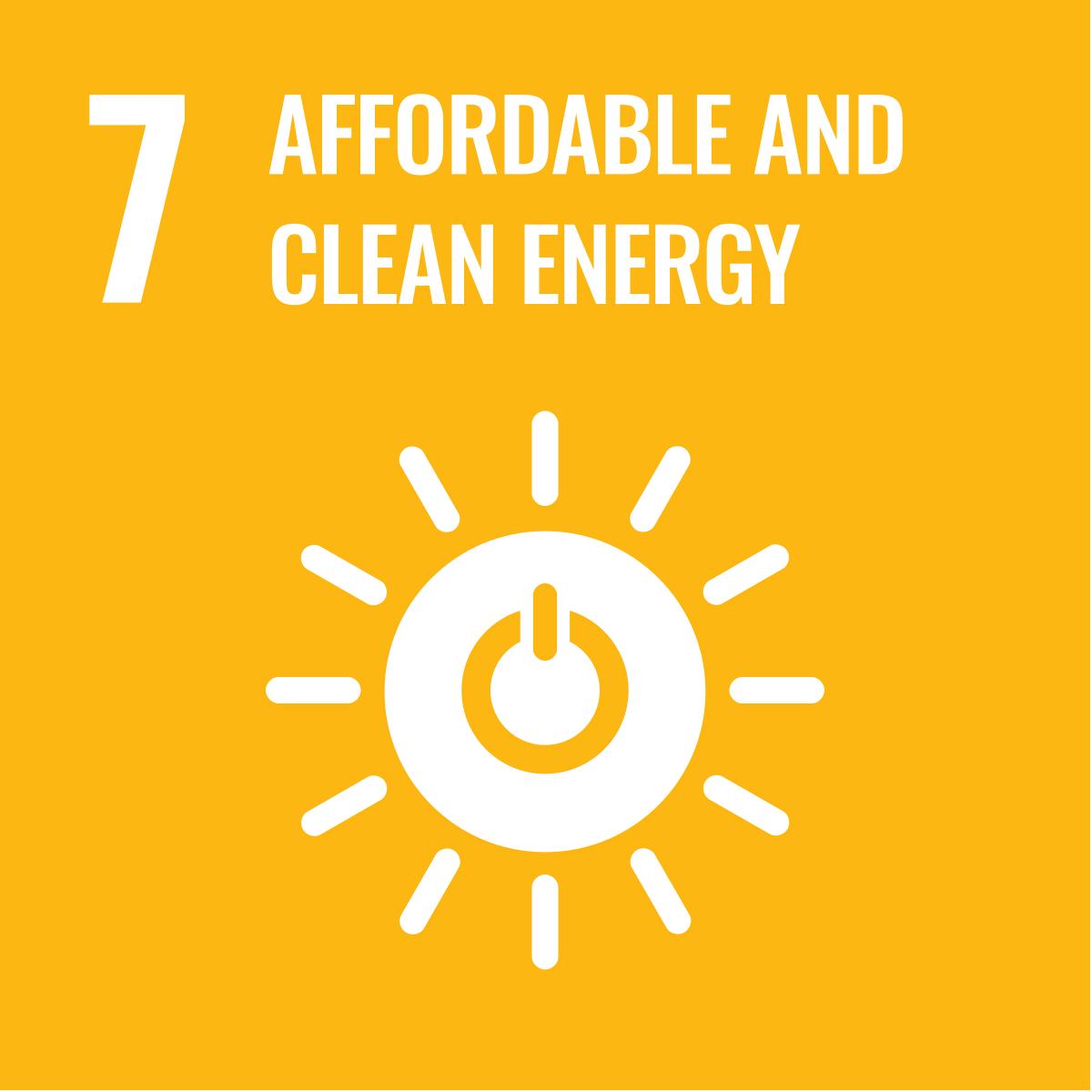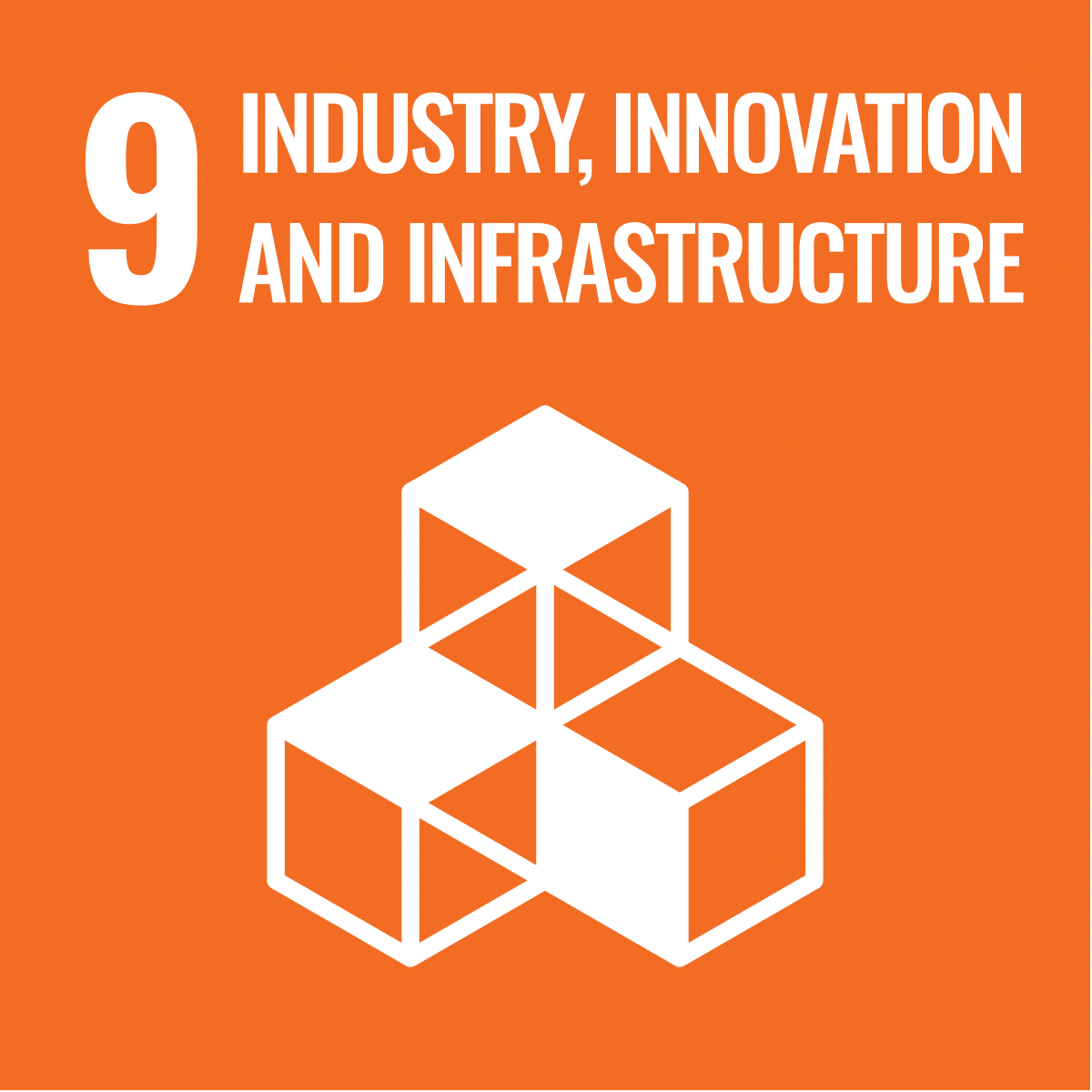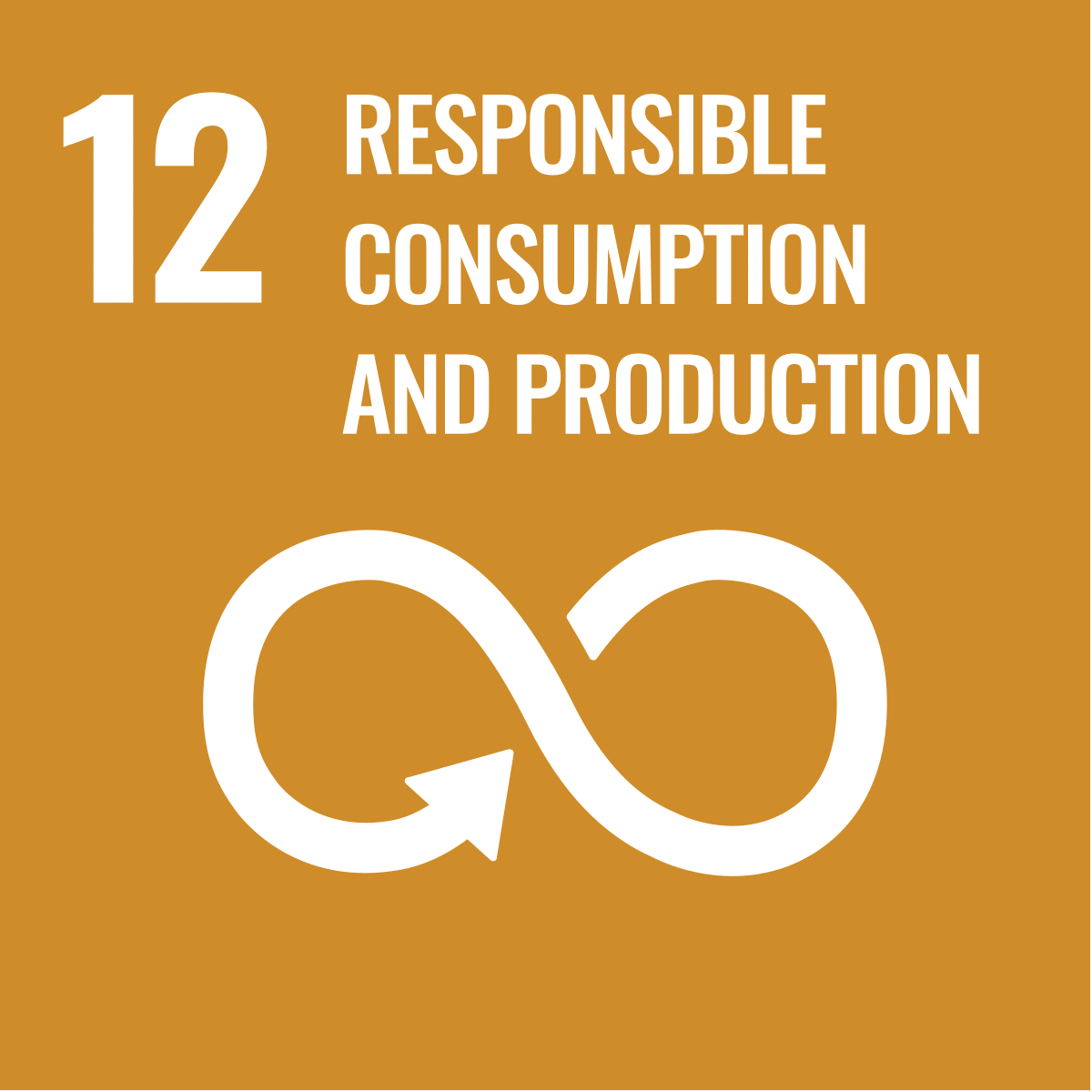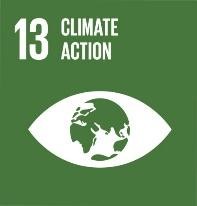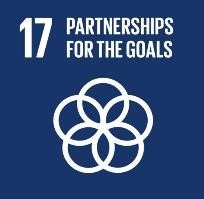Within the framework of cooperation between the Ministry of Ecology and Natural Resources of Azerbaijan, the United Nations Industrial Development Organization (UNIDO), the Global Environment Facility, and the Secretariat of the UN “Vienna Convention for the Protection of the Ozone Layer,” a technical mission was organized to support the reduction of hydrofluorocarbons (HFCs) regulated under the Kigali Amendment in Azerbaijan and their future replacement with other alternatives. As part of this mission, UNIDO experts visited Azerbaijan to conduct a preliminary assessment of the current situation in the country, as well as the education and human resources capacity. A meeting on this occasion was held at the Azerbaijan Technical University (AzTU).
The meeting was attended by Aysel Rzayeva, Head of Sector at the Department of International Cooperation of the Ministry of Ecology and Natural Resources and National Ozone Officer, Gülsüm Huseynli, leading advisor of the Department of International Cooperation, UNIDO international experts Artem Kushnerev and Andrei Pinihin, national expert for the project Maharram Mehdiyev, Dean of the Faculty of Energy Professor Huseyngulu Guliyev, Head of the Department of Energy Efficiency and Green Energy Technologies Professor Vagif Hasanov, Associate Professor of the same department Naib Hajiyev, and Head of the Department of Digital Economy and Financial Technologies Associate Professor Natavan Namazova.
Professor Vagif Hasanov, Head of the Department of Energy Efficiency and Green Energy Technologies, provided detailed information to the participants about the department’s scientific and pedagogical activities. He spoke about the widespread use of substances regulated by the 2016 Kigali Amendment to the 1987 Montreal Protocol on Substances that Deplete the Ozone Layer, including in refrigeration and air conditioning systems, fire extinguishing equipment, chemical cleaning, and other areas. He noted that the Kigali Amendment provides for the gradual reduction in the use of these substances.
Speaking at the meeting, Aysel Rzayeva, Head of Sector at the Department of International Cooperation of the Ministry of Ecology and Natural Resources and National Ozone Officer, emphasized that on September 30, 2025, the Milli Majlis ratified the Kigali Amendment to the Montreal Protocol on Substances that Deplete the Ozone Layer, dated October 15, 2016.
During the meeting, participants discussed the demand for specialists in the field of heating and cooling systems in the country, the current level of specialization, the study of chemical substances, possible replacement with alternative substances, and prospects for future cooperation with the university.
